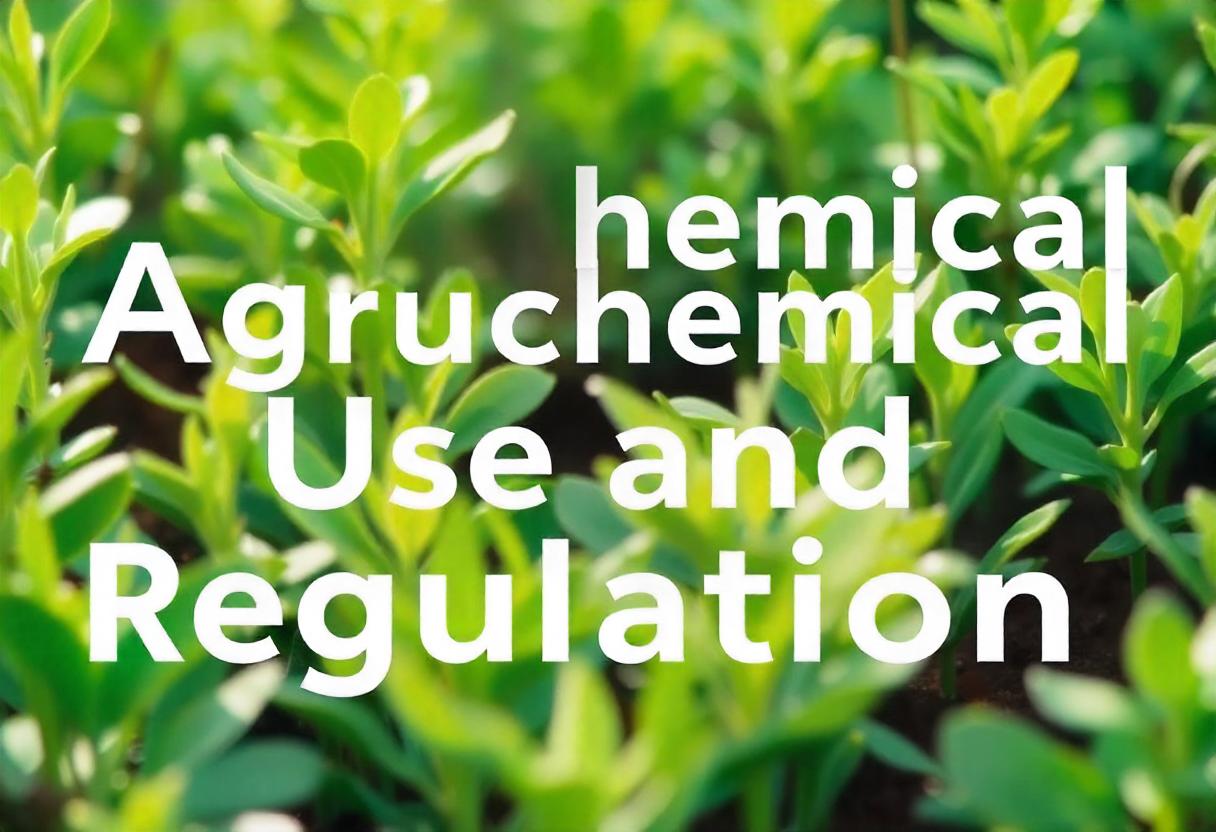
Understanding Agrochemicals
Agrochemicals, including pesticides, herbicides, and fertilizers, are chemicals used in agriculture to enhance crop productivity and manage pests and diseases. They play a crucial role in modern farming by improving crop yields and ensuring food security.
Types of Agrochemicals
- Pesticides: These chemicals are used to control pests that can damage crops. They include insecticides, fungicides, and herbicides. Each type targets specific pests or diseases affecting crops.
- Fertilizers: Fertilizers supply essential nutrients to plants, promoting growth and increasing productivity. They can be organic or synthetic and are categorized into nitrogen, phosphorus, and potassium fertilizers.
- Herbicides: These are used to control or eliminate unwanted vegetation that competes with crops for nutrients, water, and light. They are essential for maintaining crop health and productivity.
Benefits of Agrochemical Use
- Increased Crop Yields: Agrochemicals help in achieving higher crop yields by protecting plants from pests and providing necessary nutrients.
- Enhanced Crop Quality: They improve the quality of crops by preventing diseases and ensuring healthy growth.
- Efficient Land Use: Agrochemicals allow for more efficient use of land, enabling farmers to grow more crops on less land.
Risks and Challenges
- Environmental Impact: The use of agrochemicals can lead to environmental issues such as soil degradation, water pollution, and harm to non-target species.
- Human Health Concerns: Exposure to certain agrochemicals can pose health risks to farmers and consumers, including respiratory problems and long-term health effects.
- Resistance Development: Overuse of agrochemicals can lead to the development of resistance in pests and weeds, reducing their effectiveness over time.
Regulation of Agrochemicals
Agrochemical use is regulated to mitigate risks and ensure safety. Regulatory bodies oversee the approval, labeling, and usage of these chemicals.
- Approval and Registration: Agrochemicals must be approved by regulatory agencies before they can be marketed. This process involves assessing their safety and efficacy.
- Labeling Requirements: Labels on agrochemical products must provide information on safe usage, including application rates and protective measures.
- Usage Guidelines: Regulations often include guidelines on the safe application of agrochemicals, including recommended doses and timing to minimize environmental and health risks.
- Monitoring and Enforcement: Agencies monitor the use of agrochemicals and enforce regulations to ensure compliance. This includes inspecting farms and conducting environmental assessments.
- Public Awareness and Education: Regulatory bodies also focus on educating farmers and the public about the safe use of agrochemicals and potential risks.
Sustainable Practices and Alternatives
To address the challenges associated with agrochemical use, sustainable practices and alternatives are being explored:
- Integrated Pest Management (IPM): This approach combines biological, cultural, and chemical methods to manage pests in a more sustainable manner.
- Organic Farming: Organic farming avoids or limits the use of synthetic agrochemicals, focusing on natural alternatives and practices.
- Precision Agriculture: Technology is used to apply agrochemicals more precisely, reducing waste and minimizing environmental impact.
Exploring these alternatives can help in reducing reliance on agrochemicals and promoting more sustainable agricultural practices.